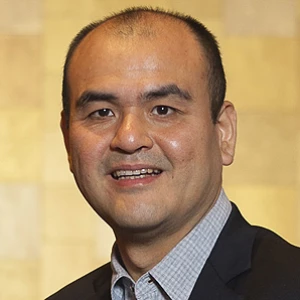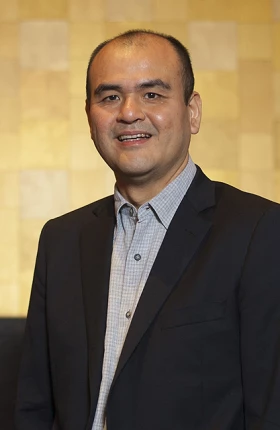Indonesia’s economy is growing rapidly, and a large portion of the population is entering the middle-class and affluent consumer (MAC) socioeconomic category. As those in this group begin to ramp up their spending in key segments—such as home goods, vehicles, consumer durables, and financial services—this is a critical window of opportunity for companies that sell consumer goods.
Demographic trends show the size of the opportunity. There are currently about 74 million MACs in Indonesia, and this number will double by 2020, to roughly 141 million people. During that period, some 8 million to 9 million people will enter the middle class each year. Perhaps because of this rising economic tide, Indonesians are extremely optimistic about their financial futures—more so than people in any other country, including both emerging and developed markets. They expect to make more money next year than this year, and they believe that their children’s lives will be better than their own.
The growth of the MAC population is occurring throughout the country. There are now 25 locations in Indonesia (both cities and regencies) with MAC populations in excess of 500,000, and there will be 54 by 2020. As a result, companies that wish to keep reaching the same proportion of the MAC population will need to double their presence in the country. This has huge implications for the way businesses operate—for example, how a company organizes its sales force, structures its supply-chain network, and expands its distribution footprint.
While the population is not homogenous, our research indicates some broad characteristics that apply throughout the country. Indonesian consumers are extremely family oriented, and as they move from lower and aspirant classes into the middle and affluent classes, they initially focus their spending on improving living conditions for their families rather than splurging on themselves. They trust traditional media and tend to believe marketing messages, advertisements, and advice from salespeople—all of which makes them more likely to try new products.
Indonesians shop primarily at warungs (small shops) and minimarts for the majority of their necessities, along with wet markets for fruits, vegetables, and other perishables. Large-format stores such as supermarkets and hypermarkets are becoming more prevalent. These consumers are extremely connected through digital technology. Regardless of their wealth level, they enjoy hunting for bargains. And they are value conscious; when buying large-ticket items, they like to think they are buying tangible benefits, such as greater functionality, in order to justify their purchases.
If companies are to capture this opportunity, they will need to understand the country’s demographic and regional trends, and they must tailor the right product mix and go-to-market strategy. In addition, they must customize their value proposition, marketing message, use of media, and the shopping experience they offer in order to meet the needs and preferences of the growing consumer base.





